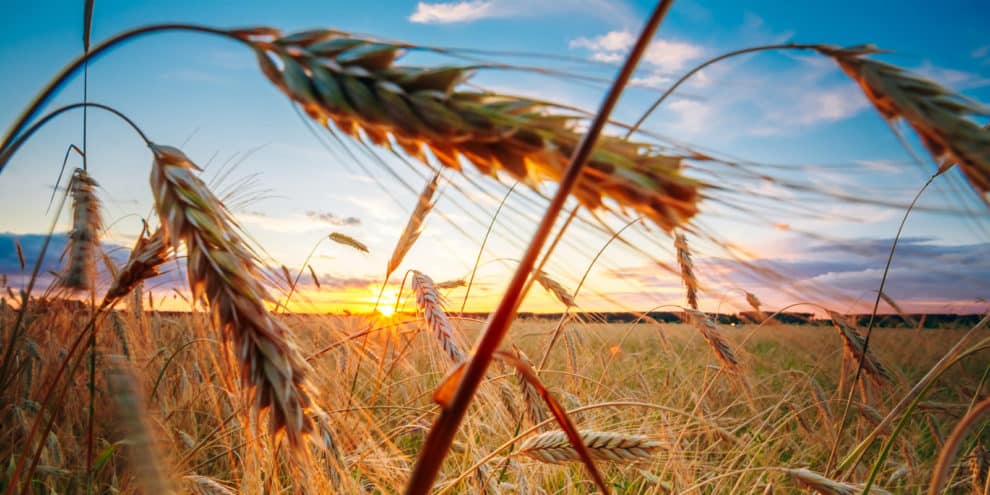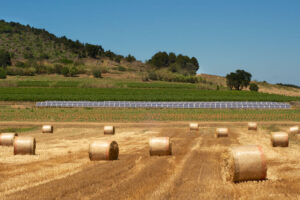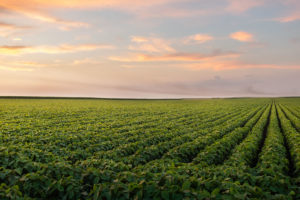Agriculture is a broad, ever changing field. The agricultural system is rapidly advancing to keep up with its global consumers, mainly by evolving technology to increase yields and profits. From GPS tracking devices navigating tractors with centimeter accuracy to drones checking calves in the middle of the night, technology has changed the game. A more slowly evolving factor in agriculture has been access to finance. New options, such as equity crowdfunding, have emerged for producers to get their farm up and running, or keep their farm afloat, which allows for you to invest in farmland.
Agriculture Meets Equity Crowdfunding
Equity crowdfunding is the process by which people invest in an early-stage company not listed on a stock market, in exchange for an ownership interest in that company. If the company does well, the shareholders will profit, and if the company fails shareholders could lose some or all of their investment.
Farmers who need to raise more significant amounts of money to fund the launch or growth of their project can pursue equity crowdfunding. The JOBS Act of 2012 eased security regulations to legalize equity crowdfunding and allows platforms to list deals in a wide variety of investments, for example investing in farmland. Often, these companies go on to raise money from angel investors or venture capitalists. Two of the most popular equity crowdfunding platforms in the U.S. are Realty Shares and Seedrs. Realty Shares allows people to invest in turnkey real estate deals, such as apartment buildings. Seedrs is more like an angel capital platform, which provides investors access to startup companies.
Generally, the investors in a crowdfunding project are passive, limited partners while the land-owner is the active partner, making all the decisions to include what to grow, when to plant, and where to sell the harvest, or pay a manager to do these things.
How Do I Invest in Farmland?
Investing in farmland is a great way to diversify your portfolio. Farmland investments deliver low income volatility, high total returns, and superior risk adjusted returns. Plus, farmland is an effective inflation hedge that does well in times of market turmoil. Overall, farmland is a stable, income-producing asset.
Private equity firms and farmland real estate investment trusts commonly pool money from outside investors to purchase large portfolios of income producing agricultural assets. These capital raises typically involve hundreds of millions of dollars and require thorough knowledge of Securities and Exchange Commission regulations. Crowdfunding uses the same basic model, just on a smaller scale more appropriate for many producers.
This content may not be used or reproduced in any manner whatsoever, in part or in whole, without written permission of LANDTHINK. Use of this content without permission is a violation of federal copyright law. The articles, posts, comments, opinions and information provided by LANDTHINK are for informational and research purposes only and DOES NOT substitute or coincide with the advice of an attorney, accountant, real estate broker or any other licensed real estate professional. LANDTHINK strongly advises visitors and readers to seek their own professional guidance and advice related to buying, investing in or selling real estate.










Add Comment